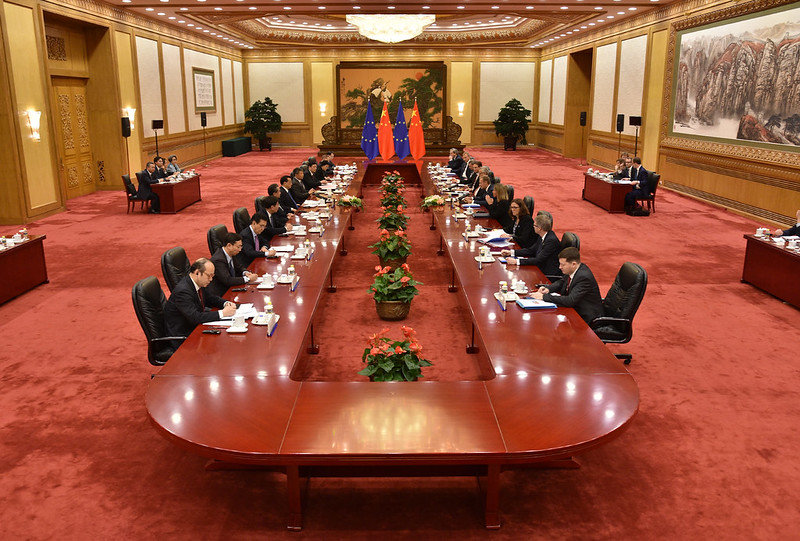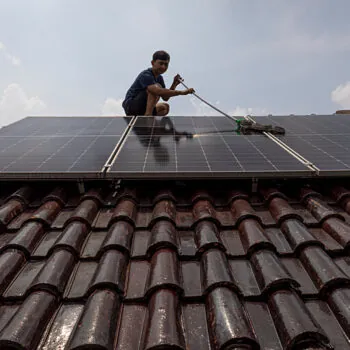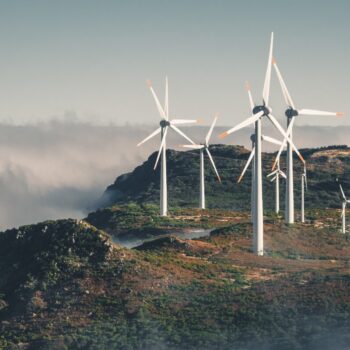As the EU and China rapidly transform their economy to align with their ambitious climate goals, competition around low-carbon technologies, market shares and standards will intensify.
Managed properly, competition can lead to a race to the top. It can drive the innovation of green technologies. Managed poorly, the risk of trade-related disputes over low-carbon products and standards will rise. This could jeopardise the objectives of the European Green Deal and multilateral agreements on climate change.
The authors, ECFR’s Janka Oertel and E3G’s Jennifer Tollmann and Byford Tsang, argue that the broad notion of ‘partnership’ no longer sufficiently reflects the reality of the EU’s interaction with China in tackling climate change.
Instead, as climate action becomes more material to economic interests, Europe and China will both compete and cooperate in the low-carbon transition. Key here will be getting China engaged on the evolving rules of global low carbon competition to ensure that competition drives efforts to tackle the shared existential threat of climate change rather than creating roadblocks for global climate action.
The briefing concludes with a set of concrete policy recommendations for EU action, proposing ways to manage growing competition, build alliances to deal with the broader systemic rivalry, and foster deeper cooperation when countries meet benchmarks and abide by red lines.
Key recommendations for EU China relations from the report include:
- Keep markets open and supply chains secure by creating a level playing field in the post-pandemic recovery and the net-zero transition.
- Support the G20 presidency’s priority of engaging with China on unlocking third countries’ fiscal space, while laying the foundations for strengthening the architecture of international debt to help them invest in resilient and sustainable recoveries.
- Shrinking the space for international fossil finance – Support EIB and EBRD engagement with Chinese public banks and export credit agencies on climate standards for development aid and export credit.
- Identify clear benchmarks on credible climate action by China, including a call for moratorium on coal investment in China with immediate effect.
- Leverage existing EU-China engagement on sustainable finance to develop a harmonized global approach to defining sustainable economic activities.
- Build the European foundations for mainstreaming climate into high-level dialogue and cooperation formats, including the high-level trade and economic dialogue.
This paper was kindly supported financially by the Greens/EFA Group in the European Parliament.


